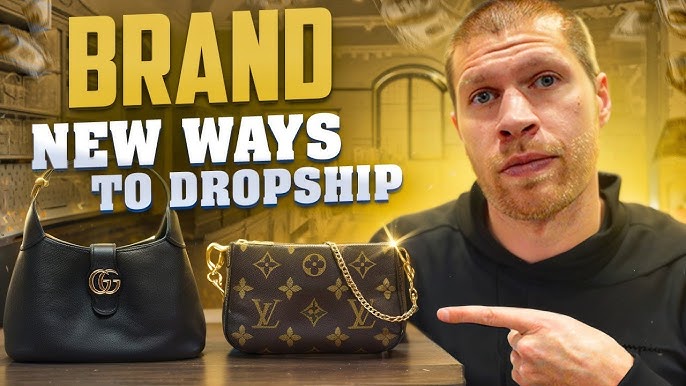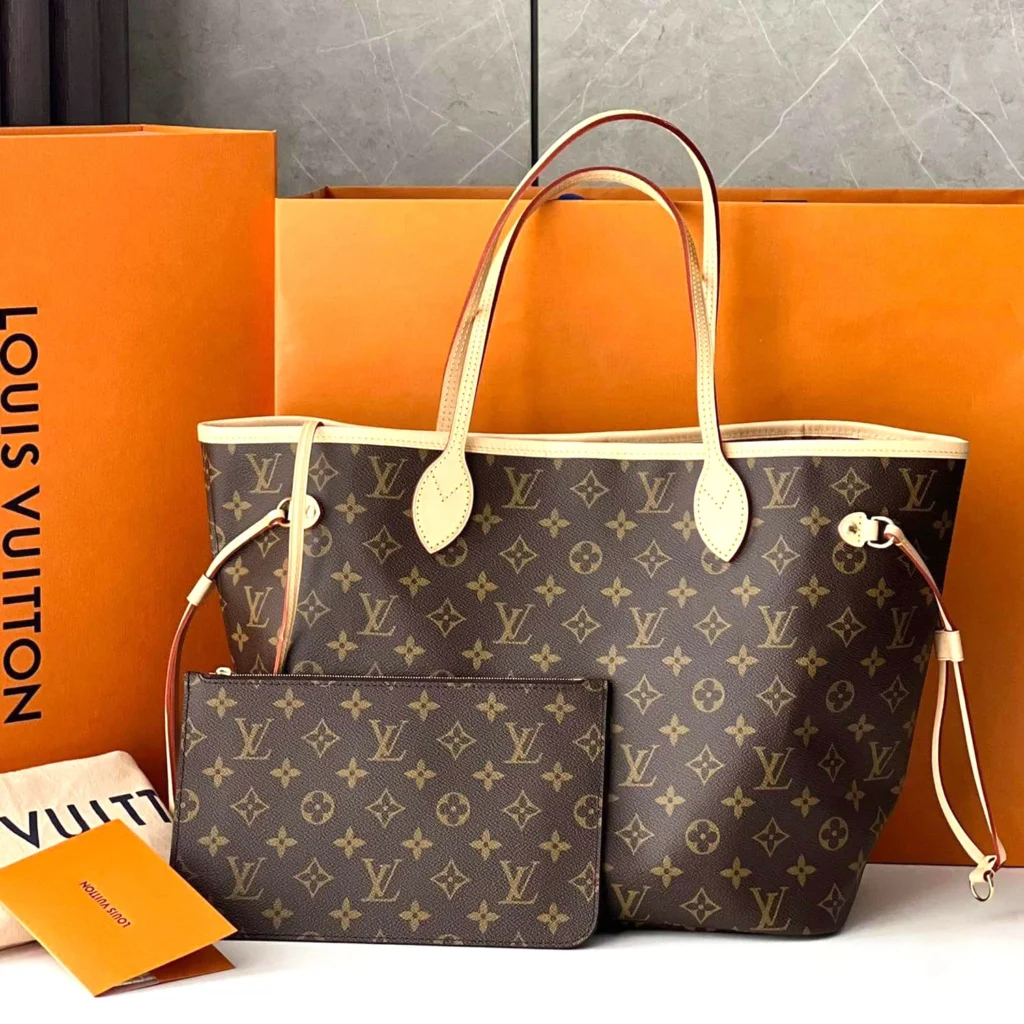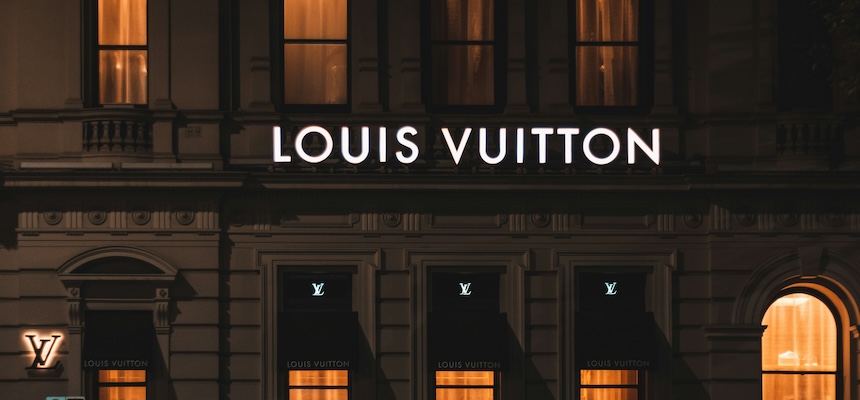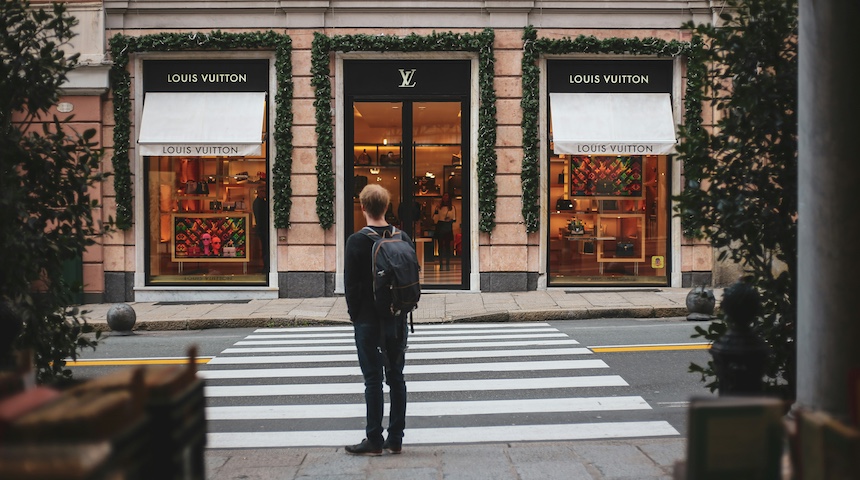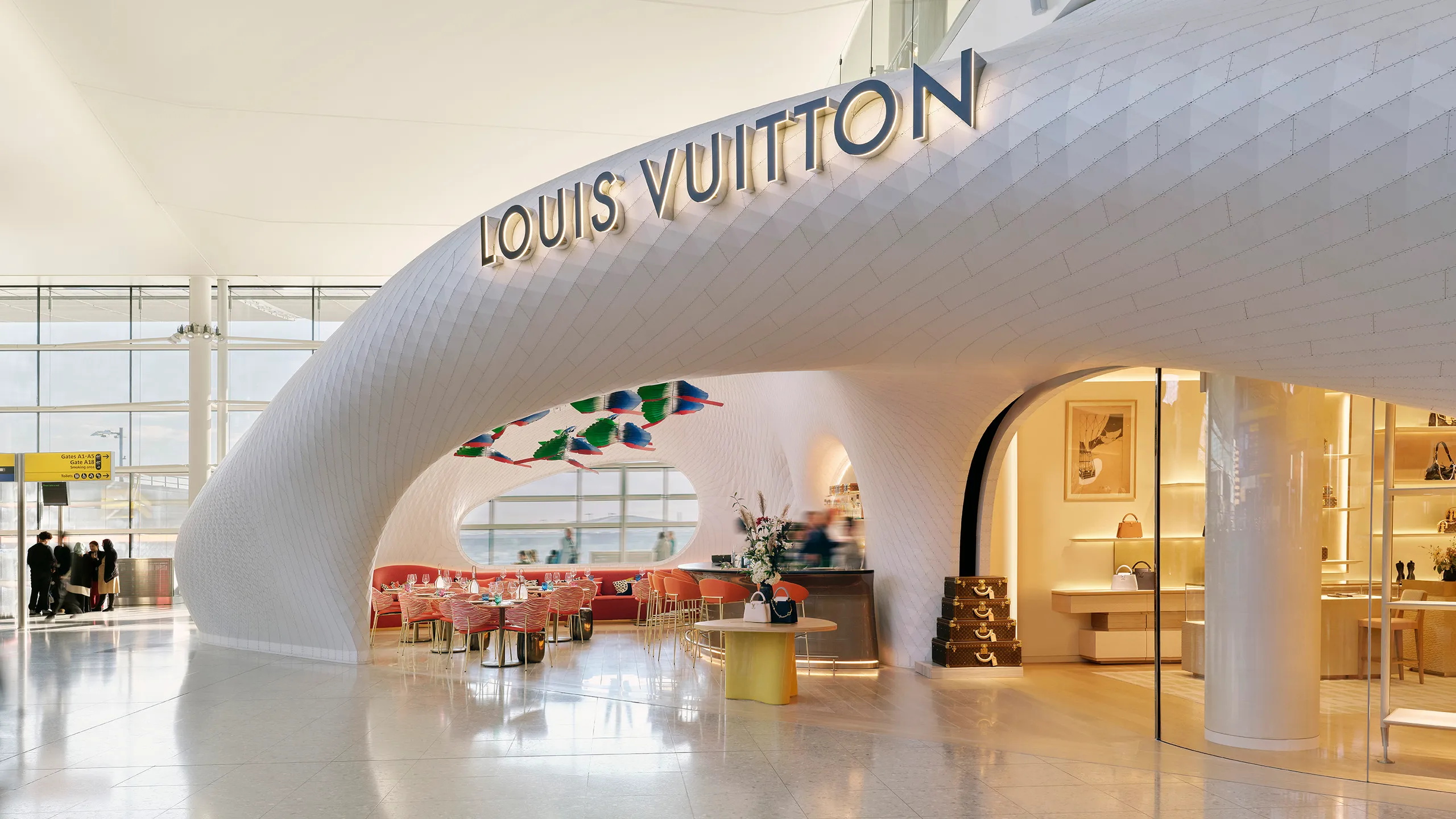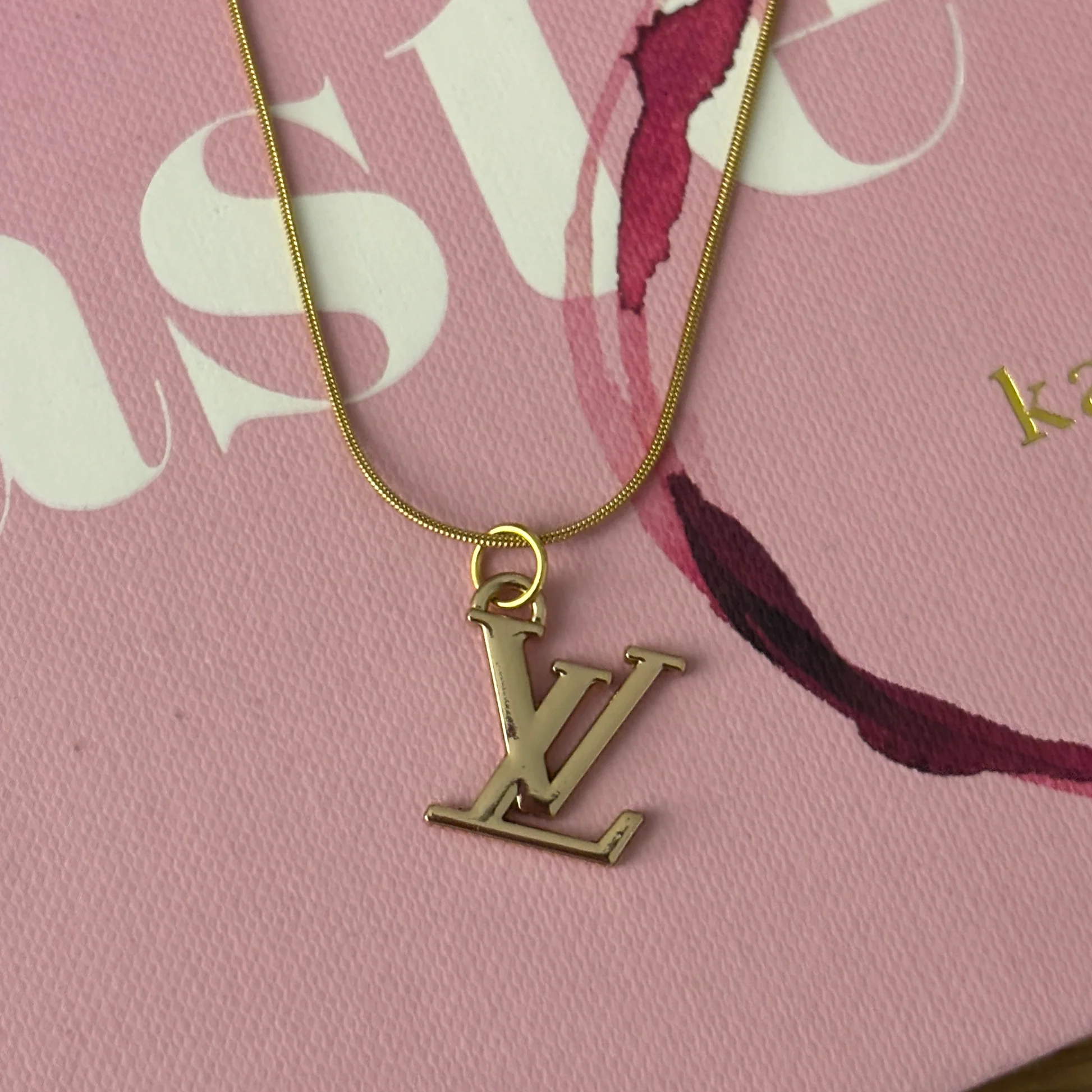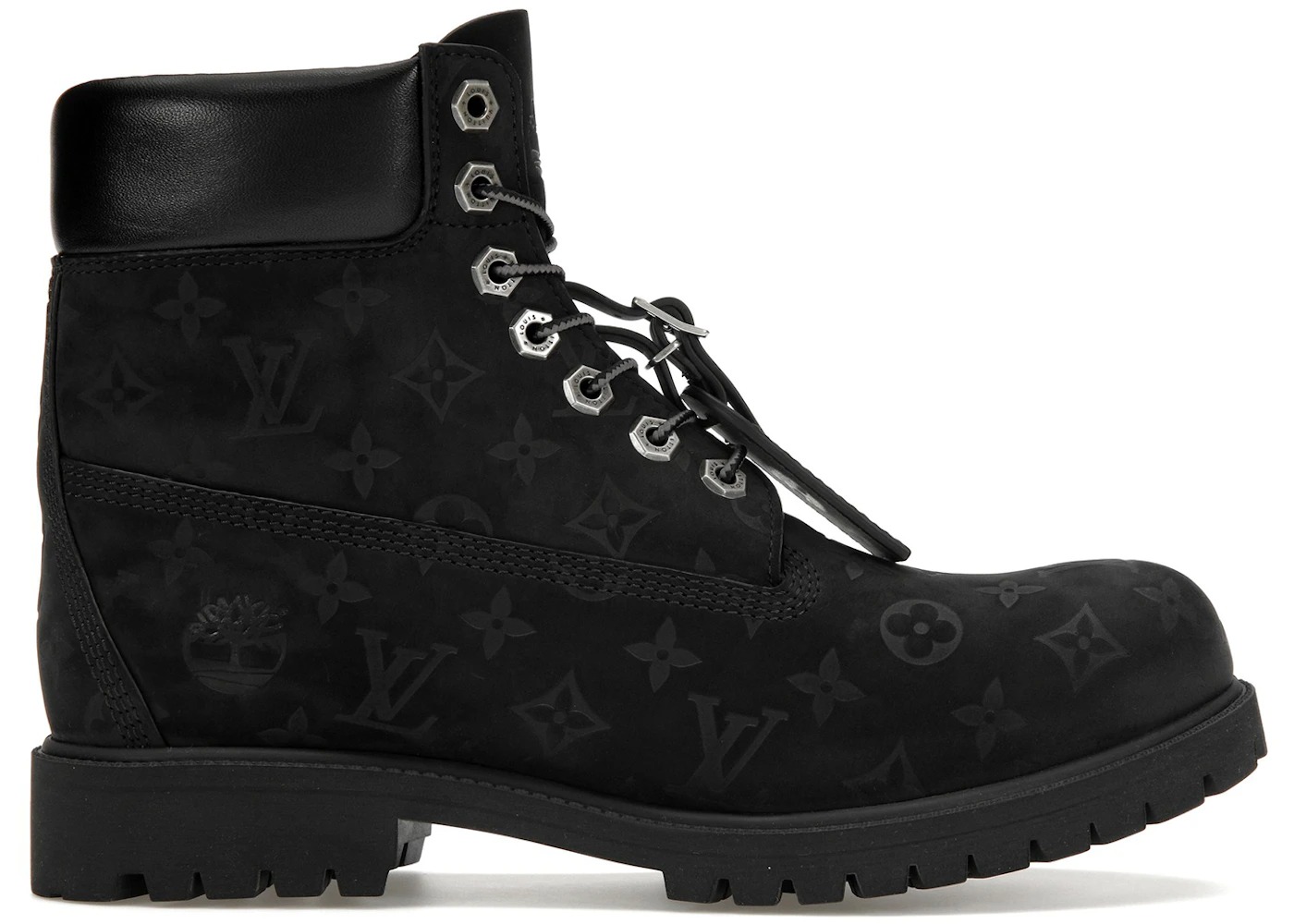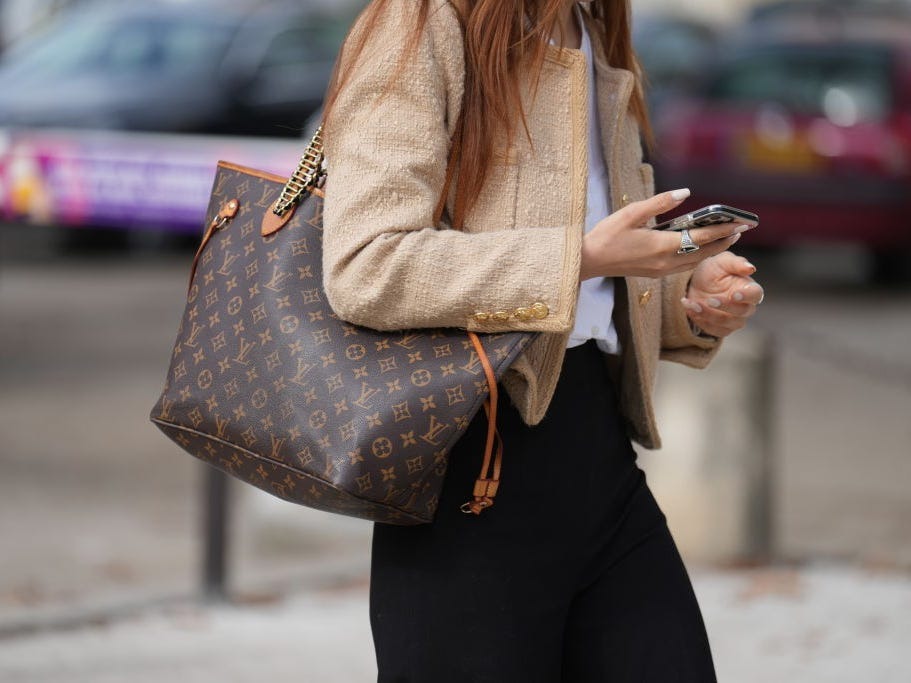Dropshipping Louis Vuitton – Dropshipping has become one of the most popular e-commerce business models in recent years.
It allows entrepreneurs to sell products without holding inventory, instead relying on third-party suppliers to ship items directly to customers.
This low-risk, low-investment model has attracted countless sellers looking to tap into lucrative markets, including luxury fashion.
Among the most desired luxury brands, Louis Vuitton stands out as a symbol of style, status, and heritage.
Naturally, many aspiring dropshippers wonder, Can I dropship Louis Vuitton products?
This article explores that question, diving into the legality, practical risks, common misconceptions, and viable alternatives for entrepreneurs.
What is Dropshipping?
Dropshipping Louis Vuitton – Dropshipping is a retail fulfillment method where the seller doesn’t keep goods in stock.
Instead, when a customer places an order, the seller purchases the item from a third party—usually a wholesaler or manufacturer—who ships it directly to the customer.
This model has several advantages:
- Low upfront investment
- No inventory management
- Scalable and flexible
However, it also comes with challenges such as quality control, shipping times, and customer service issues—challenges that become even more critical when dealing with luxury goods.
Can You Legally Dropship Louis Vuitton Products?
Dropshipping Louis Vuitton – The Short Answer: No
Louis Vuitton is a luxury brand owned by LVMH (Moët Hennessy Louis Vuitton), and it does not authorize third parties to resell its products through dropshipping or other non-affiliated retail channels. Here’s why:
1. Authorized Retail Only
Louis Vuitton only sells its products through its own boutiques and official website.
The company does not wholesale or allow third-party platforms, like AliExpress, Oberlo, or Shopify dropshippers, to distribute its items.
2. Strict Trademark Protection
Louis Vuitton aggressively protects its brand and intellectual property.
Unauthorized use of the brand name, logo, or products for resale can result in legal action, including trademark infringement lawsuits and website takedowns.
3. Counterfeit Risk
Due to the brand’s popularity, Louis Vuitton is one of the most counterfeited brands in the world.
Any supposed “wholesale” supplier offering Louis Vuitton items at a discounted rate for dropshipping is almost certainly selling fakes.
The Legal and Ethical Risks
1. Trademark Infringement
Selling Louis Vuitton products without authorization—especially if they’re counterfeit—is a direct violation of trademark laws.
Even using the brand name or logo in your store’s product listings or marketing can get you sued or banned from e-commerce platforms.
2. Account Suspension
If you’re using platforms like Shopify, eBay, or Amazon, your store can be suspended or permanently banned for selling counterfeit or unauthorized branded products.
These platforms have strict policies to prevent intellectual property violations.
3. Customer Complaints and Refunds
If customers receive fake or poor-quality products, they may demand refunds, leave negative reviews, or even report your business.
This can destroy your reputation and lead to chargebacks that cost you money.
4. Financial Penalties and Legal Action
Major brands like Louis Vuitton monitor online marketplaces and routinely file lawsuits against counterfeiters and unauthorized resellers.
Legal proceedings can include heavy fines, seizure of profits, and domain takedowns.
Common Misconceptions About Dropshipping Louis Vuitton
- “I Found a Supplier That Sells Louis Vuitton—So It Must Be Legal.”
Many fraudulent suppliers claim to sell “real” Louis Vuitton items at wholesale prices. These are almost always counterfeit.
Louis Vuitton does not sell in bulk, and there is no legitimate wholesaler of its products.
- “I’m Just a Middleman—It’s Not My Fault if the Product is Fake”
Even if you’re not the manufacturer, you are responsible for what you sell.
If your store promotes fake Louis Vuitton bags or uses their trademarks, you are legally liable.
- “I’ll Just Say ‘Inspired By Louis Vuitton’ to Be Safe”
Even using phrases like “LV style” or “Louis Vuitton-inspired” can violate trademark law if your product is designed to look like authentic items or uses any brand-specific design.
Alternatives to Dropshipping Louis Vuitton
Just because you can’t legally dropship Louis Vuitton doesn’t mean you can’t build a successful luxury-oriented business.
Here are some ethical and legal alternatives:
- Sell Pre-Owned Authentic Luxury Goods
Work with trusted, authenticated resale platforms such as:
- The RealReal
- Rebag
- Fashionphile
These companies offer affiliate programs or resale opportunities where you can legally sell secondhand luxury items, including Louis Vuitton, with proper authentication.
- Build a Boutique for Emerging Luxury Brands
Partner with newer or independent luxury designers who allow dropshipping or resale.
Many up-and-coming brands are happy to work with entrepreneurs who can expand their reach.
- Private Label Fashion
Create your brand by sourcing unbranded luxury-style bags from ethical manufacturers and adding your own label.
This way, you control your brand and avoid trademark issues.
- Affiliate Marketing
Instead of dropshipping, consider affiliate marketing for luxury fashion.
You can earn commissions by directing traffic to authorized sellers through platforms like:
- LTK (LikeToKnow.it)
- Rakuten
- ShareASale
This approach is low-risk and legal and does not require managing products or logistics.
How to Build Trust and Legitimacy in Your Store
Dropshipping Louis Vuitton – Whether you’re selling fashion, accessories, or lifestyle products, your success hinges on trust. Here’s how to earn it:
- Be transparent about shipping times and product origins.
- Avoid misleading language or branding.
- Offer customer service that reflects professionalism and reliability.
- Focus on building long-term relationships, not quick profits.
Remember, building a trustworthy and sustainable business takes time, but it’s worth it.
Conclusion
Dropshipping Louis Vuitton may sound like a profitable niche, but in reality, it is illegal, unethical, and risky.
Louis Vuitton does not authorize any dropshipping or wholesale distribution of its products.
Selling or promoting fake or unauthorized items can lead to serious legal consequences and harm your business reputation.

